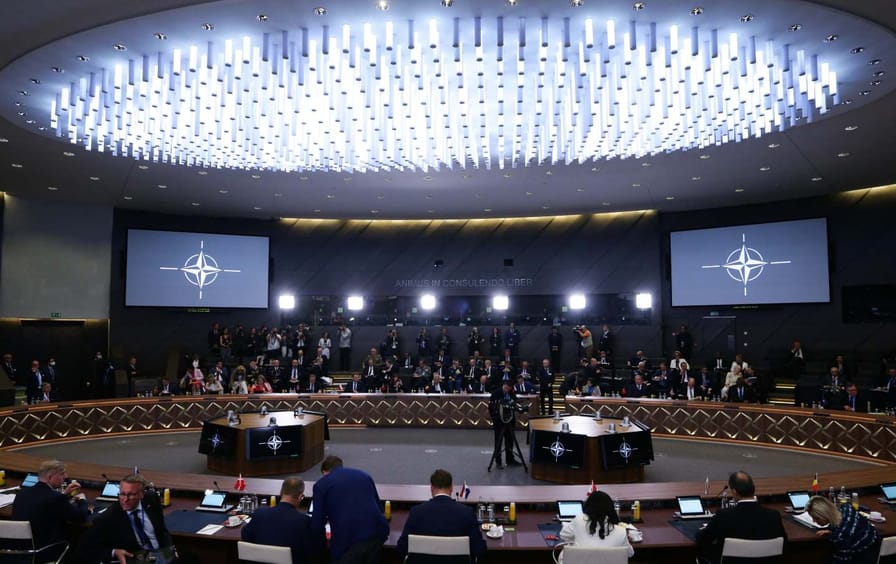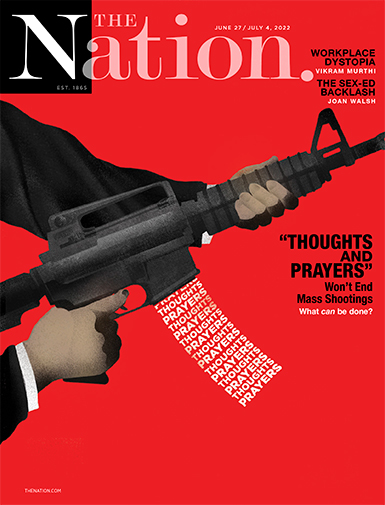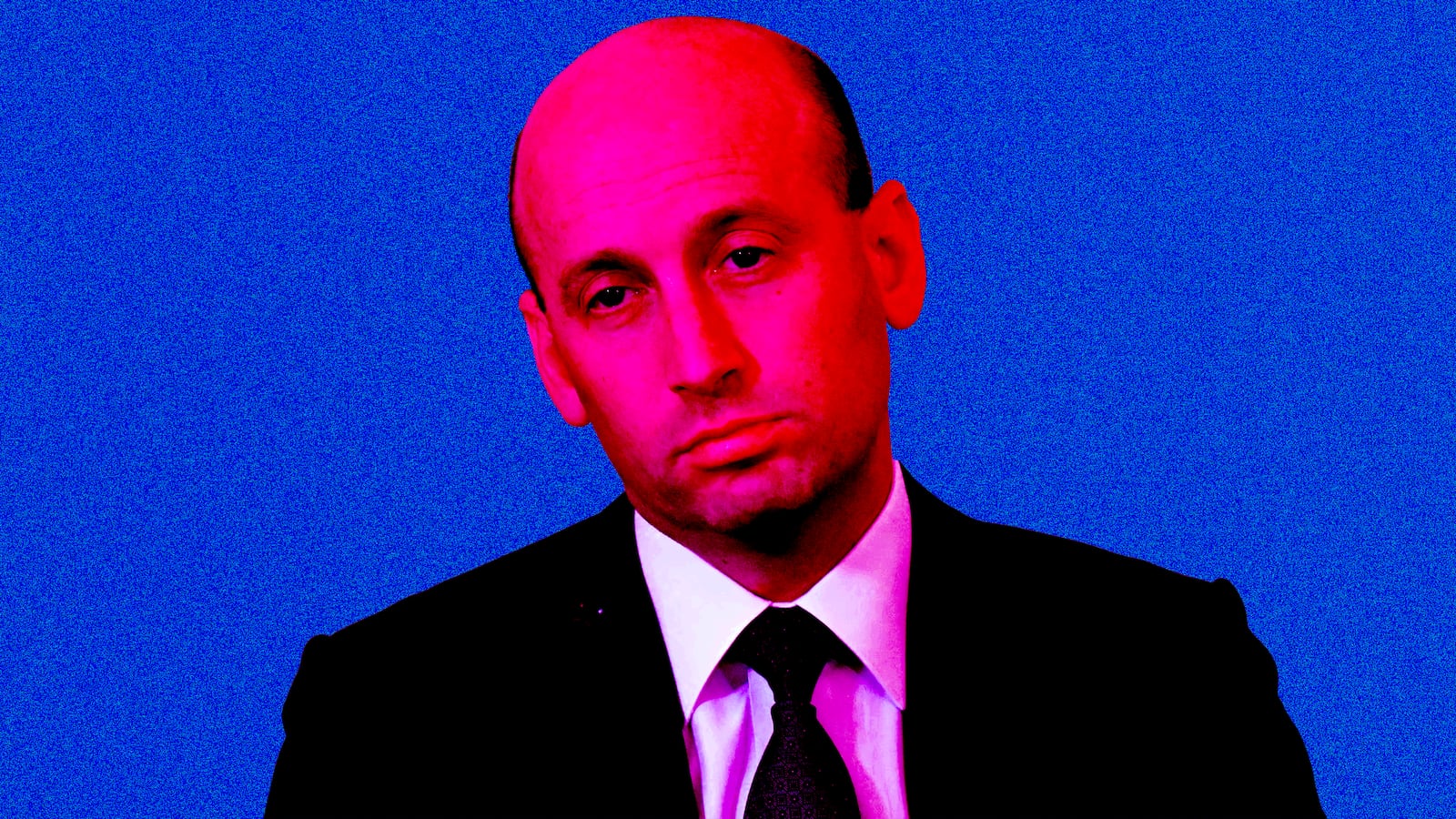Along with the US-led invasion of Iraq in 2003 that circumvented yet again the UNSC, and NATO’s subsequent enlargement in 2004 to seven more East European countries, including the three Baltic states, which were formerly part of the USSR, this sequence of events was decisive in creating the animosity between Russia and the West that was a prelude to the invasion of Ukraine. . .The huge and ever-growing amounts that are spent on armament and destruction would be wisely reallocated to the only wars that are truly in humanity’s interest: the wars against poverty and climate change
NATO From Bad to Worse
It is urgent to rebuild a global peace movement opposed to all military alliances and the ongoing massive increases in defense budgets.

[ Representatives are seen during the meeting of NATO Ministers of Defense in NATO headquarters in Brussels, Belgium, June 16, 2022. (Zheng Huansong / Xinhua ]
". . .The forthcoming Madrid summit is going to directly involve NATO in open hostility to China, far beyond the alliance’s original area of relevance. This area is defined in the 1949 treaty constitutive of NATO as comprising “the territory of any of the Parties in Europe or North America, on the Algerian Departments of France, on the territory of or on the Islands under the jurisdiction of any of the Parties in the North Atlantic area north of the Tropic of Cancer.” NATO’s post-1991 mutation led it to intervene beyond its members’ territory—first in the Balkans, then much further from its original area, in Afghanistan, in the wake of the September 11, 2001, attacks.
> At the end of June, for the second time since the Spanish state joined NATO in 1982, the Atlantic Alliance will hold a summit meeting in Madrid. It so happens that each of these two Madrid summits constitutes a major defining moment in the history of the organization.
The previous summit held in 1997 was the culmination of a long debate among NATO member governments about the alliance’s eastward enlargement. The debate became public and heated in the United States, involving almost all the country’s foreign policy establishment. It pitted those who warned against ostracizing Russia—which in their view was how any expansion of NATO to countries that were previously subordinate to Moscow would inevitably be perceived by the Russians—against those who were eager to seize the opportunity offered by what Washington Post columnist Charles Krauthammer had called in 1990 “the unipolar moment,” in order to extend US hegemony to areas that were formerly part of the Soviet sphere.
The latter position was shared by most of the Clinton administration, inspired from behind the scenes by Zbigniew Brzezinski. The opposite stance was represented within the administration by Defense Secretary William Perry during Bill Clinton’s first mandate. Perry was ousted from the administration and very tellingly replaced by the Republican William Cohen for Clinton’s second term, the year when the Madrid summit was held.
The truth is, however, that this outcome is precisely what those who opposed the enlargement had cautioned against. They rightly predicted that the Russians would see NATO’s eastward expansion as a hostile gesture and that it would therefore breed revanchist attitudes among them. In other words, they warned that enlarging NATO in preemption of Russia’s return to imperial behavior would actually act as a self-fulfilling prophecy.
The 1997 summit officially invited Hungary, Poland, and the Czech Republic to join the alliance. The three Eastern European countries’ accession was completed two years later at the Washington summit that celebrated NATO’s 50th anniversary. It happened at a time when the alliance was bombing Yugoslavia in contravention of international law, in the first post-1990 US-led war not authorized by the United Nations Security Council.
Participation in the organization’s meetings has nevertheless remained restricted to Europe and North America. No longer. Japan, along with Australia, New Zealand and South Korea have been invited to attend the Madrid summit as NATO “partners” in the Asia-Pacific region—a very serious provocation to Beijing. It can only interpret this invitation as a step toward the consolidation of US-led alliances in a single global network opposed to both Russia and China. After the preliminary meeting of NATO’s defense ministers held on June 16, the organization’s secretary general, Jens Stoltenberg, declared that the new NATO Strategic Concept that will be adopted at the Madrid summit will set out the alliance’s position “on Russia, on emerging challenges, and for the first time, on China.”
. . . From the perspective of Europe and the Asia Pacific, acquiescing to this de facto extension of NATO’s role is equivalent to being herded like Panurge’s sheep toward throwing themselves into the sea. Antagonizing China is not in Europe’s interest, nor is it in the interest of any of the states invited to the Madrid summit. Even if the European governments believed that Russia has now irreversibly become a threat to their security, it would be utterly counterproductive for them to push Beijing toward consolidating an alliance with Moscow.
These developments bring the world closer to a conflagration that could dwarf the ongoing war in Ukraine and endanger the future of humankind. It is urgent to rebuild a global peace movement opposed to all military alliances, demanding their dissolution, a movement opposed as well to the ongoing massive increases in military budgets. It is high time to return to global disarmament under the aegis of the UN, as foreseen in the UN Charter. This charter is the cornerstone of international law whose role must be renewed against the ongoing drift toward the law of the jungle. The huge and ever-growing amounts that are spent on armament and destruction would be wisely reallocated to the only wars that are truly in humanity’s interest: the wars against poverty and climate change."

Subscribe today and Save up to $129.


No comments:
Post a Comment